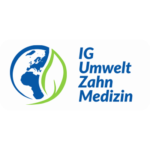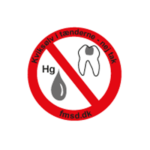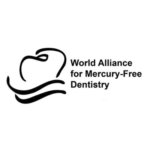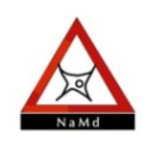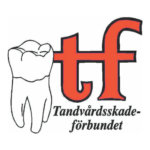Since the new Medical Devices Regulation (MDR 2017/745) entered into force on 26 May 2021, the legal safety requirements for dental amalgam capsules have increased significantly. Medical devices with approvals under the old directive would only be allowed until the end of the transition period by 26 May 2024. However, since not sufficient notified bodies could be registered according to the new requirements on time and a bottleneck of approvals threatened until the end of the transitional phase, the EU decided on an extension in a fast-track procedure.
With the new Regulation the transition period for Class IIa devices like restorative filling materials was extended to 31 December 2028. Even if this were to apply only to “safe” products, it may result in certificates for dental amalgam that were scheduled to expire before May 26, 2024, being extended to December 2028 without further review.
The extended transition period applies for valid certificates on 20 March 2023 if the following conditions are met:
- the device continues to comply with the MDD/AIMDD;
- the device has not undergone any significant changes in its design or intended purpose;
- the device does not present an unacceptable risk to the health and safety of patients and users;*
- by 26 May 2024, the manufacturer has put in place a quality management system according to Art. 10(9) MDR; and
- by 26 May 2024, the manufacturer has lodged a formal application for the conformity assessment according to the MDR and, by 26 September 2024, has signed a written agreement with a notified body on the conformity assessment according to the MDR.
Manufacturers whose certificates have still been valid on 26 May 2021 and have expired before 20 March 2023 must proof having signed a written agreement with a notified body before the expiry date (a contract can cost more than 50,000€) or having obtained an derogation for another year from national authorities (which are very difficult to obtain).
New certifications for dental amalgam according to MDR 2017/745 haven’t been issued so far and are unlikely to be issued, as dental amalgam didn’t have to fulfill these requirements before.
For certifications under the MDR, manufacturers have to proof that the release of mercury and other components of amalgam (in mass/unit time) do not exceed the safety thresholds under all possible conditions like, teeth grinding, chewing, age corrosion or oral galvanism.
After the expirtion of old certificates in line with CE 93/42/EEC only distributors are allowed to continue selling the devices out of stocks until the expiration date (about three years)
Numerous manufacturers have already withdrawn from the distribution of dental amalgam.
Here you can find an overview:
Updated: Manufacturers leaving the business of dental amalgam in Europe
* This provision does not require a systematic safety re-assessment at this stage, as an assessment of the safety and performance of legacy devices (Bestandsprodukte) has already been carried out in the framework of the conformity assessment under Directives 93/42/EEC or 90/385/EEC.
If a national competent authority, in the framework of its market surveillance activities, should find, after having performed an evaluation pursuant to Article 94 of Regulation 2017/745, that a device presents an unacceptable risk to the health or safety of patients, users or other persons, or to other aspects of the protection of public health it shall require the manufacturer to take the appropriate corrective measures in accordance with Article 95 of Regulation 2017/745. In such a case, the condition laid down in Article 120(3c), point (c) of Regulation 2017/745 can be regarded as not being met and the device in question would not any more benefit from the transitional period.


